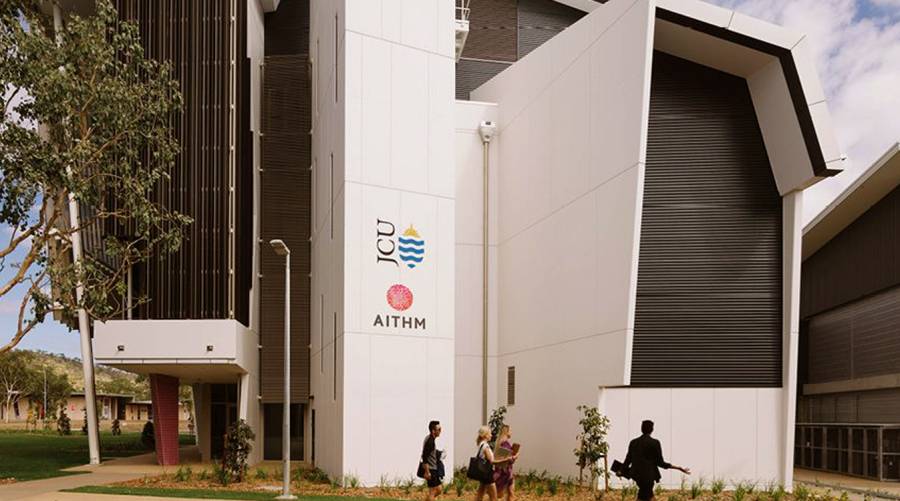Scientists use cutting-edge tech to combat melioidosis spread

In the face of increasing incidents of the tropical disease melioidosis, that too in unusual places, scientists are employing state-of-the-art technology to pinpoint and predict areas where the threat is most significant.
Associate Professor Jeffrey Warner, a microbiologist at James Cook University, is set to lead a research programme in Northern Australia, backed by a substantial $1.5 million National Health and Medical Research Council Ideas Grant Award.
Melioidosis, caused by the bacterium Burkholderia pseudomallei, is not transmitted from person to person but is believed to have environmental and climatic factors influencing its spread.
Dr Warner stressed the need to comprehend the attributes and changes in the environment contributing to the disease's expansion.
The incidence of melioidosis has surged unexpectedly, with case notifications in Queensland doubling over the past decade, displaying no discernible pattern.
Dr Warner highlighted instances in Cairns associated with road works and in Townsville linked to geology, soil type, and ground runoff water exposure. In the Northern Territory, the disease disproportionately affects First Nations Australians.
The research aims to unravel where and why the disease spreads, preventing unforeseen occurrences in new locations. Timely diagnosis is crucial, as unexpected cases in regions unfamiliar with the disease often result in delayed or incorrect treatment and high fatality rates.
Advanced geospatial pathogen genomic epidemiological tools, along with high-resolution remotely sensed climate geoscience and anthropogenic factor datasets, will be employed to create time-specific maps predicting melioidosis threats.
Dr Warner stressed the importance of identifying the organism's location, factors influencing its persistence, and environmental movement, alongside anthropogenic factors associated with exposure.
Through extensive environmental surveillance, including the investigation of clinical outbreaks, the team aims to develop predictive models. These models will facilitate the creation of tailored public health tools to mitigate melioidosis risk in the evolving Australian environment and climate.
This research represents a significant step toward understanding and addressing the complexities of melioidosis, offering insights crucial for public health measures.
Advertisement
Trending
Popular
Hair loss: Discovery uncovers key stem cells that could reverse ...
-
Broccoli sprout compound may help lower ...
11:31 AM, 25 Feb, 2025 -
Gas Pain vs. Heart Attack: How to tell ...
09:00 PM, 22 Feb, 2025 -
Coconut oil supplement shows promise ...
08:00 PM, 20 Feb, 2025 -
Normal vitamin B12 levels may still ...
05:00 PM, 19 Feb, 2025



